We all know that coffee has many a wonderful benefit, from that ever-so-necessary espresso first thing in the morning, to rubbing it on your skin for a bit of exfoliation (you can thank us later). However, for all its goodness, are coffee grounds really that beneficial to use in the garden?Our initial searches suggested "yes, coffee grounds are great for acid-loving plants like hydrangeas, rhododendrons, azaleas, lily of the valley, blueberries, carrots, and radishes" - and we saw this repeated time and time again - but when we looked further, we started to have some doubts.
Do coffee grounds in the garden kill slugs and make soil healthy?
A cursory search on Google will tell you that coffee grounds kills slugs and bugs, but no, sorry to bust the first myth - apparently coffee grounds won’t kill slugs, unless they're scalding hot!
Whether you’re an avid gardener or not, we’ve all heard somewhere or read online that applying spent coffee grounds to your garden will yield amazing results. Most Google searches will tell you straight up that using coffee grounds will make your plants grow “out of control”, ward off slugs and make your soil and earthworms healthy if you put it in your compost. Interesting.
We were amazed how many countless and consistent claims on the internet also stated confidently how coffee grounds add essential minerals to the soil, boost populations of friendly soil bacteria and even reduce the pH levels for acid-loving plants such as azaleas, hydrangeas, rhododendrons, lily of the valley, blueberries, carrots, and radishes.
Unfortunately, for those aspiring gardeners out there who believe all this, we're not sure it's always the case. What is lacking from our diligent online searching, is any actual scientific research in support of the beneficial claims about putting coffee grounds on the garden.
And once you start digging further for facts or studies into what impact coffee grounds will actually have on gardening, conflicting information begins to arise. You will find that coffee grounds are too acidic, then you will find that coffee grounds aren’t acidic at all. Coffee is terrible for your compost, but coffee is also excellent for your compost. Having fun yet?
What coffee grounds really do for gardens and soil
After carefully weeding through the clearly ‘copy and pasted’ expert testimony on what coffee grounds do to soil and finding some credible sources, here is what we've concluded - coffee grounds can be highly acidic and really should only ever be used for acidic loving plants, such as blueberries, rhododendrons and azaleas.
But then, even this use needs to be done with caution and moderation, as they can also reduce soil productivity if your soil is already high in nitrogen. This basically means that the extra boost from the grounds could actually stunt the growth of fruits and flowers. Also worth a mention, spent coffee grounds are full of caffeine. And in fact, they can actually be richer than coffee itself, depending on your brewing technique!
And here's an interesting fact - lighter roasted coffee is also higher in caffeine than flavorsome dark roast - not that we're going to give up ourmedium dark-roast Nabob Organic ground coffeeany day soon! Huh, learn something new every day!
《农业与食品化学杂志》上的一项研究发现,每克用过的咖啡渣中可能含有高达8毫克的咖啡因,这取决于咖啡渣在热水中浸泡的时间。这意味着,在你煮了一杯浓缩咖啡后,咖啡渣所含的咖啡因仍然相当于一杯茶。

Why caffeine is bad for your garden
Science, oh lovely, lovely science, tells us that caffeine was first a mutation in plants which was accidentally copied and passed on.Cocoa plants and coffee trees, even though they are not related, both evolved the ability to produce caffeine independently - something biologists call "convergent evolution”. This trait was for a solid, singular purpose… allelopathy - the ability to inhibit competition from surrounding species by suppressing their growth.
How? The caffeine in these plant’s fallen leaves will 'poison’ the soil so that other plants nearby can’t grow.
Caffeine is packed into coffee seeds for the very function of suppressing the germination of other seeds. Yikes, pretty vicious! But seriously, how impressive?!
“But aren’t coffee grounds supposed to make good mulch for plants?!” - I hear you say.
简而言之,没有。基本的答案是,咖啡渣很快就会压缩,这并不能使它们成为覆盖土壤的理想介质。你的护根物需要呼吸,让水和空气从土壤中进出。很高兴知道,是吧?
“Okay, so surely coffee grounds are useful for making great compost?” - Again, no.
One particular study compared three different composting methods to measure the effect of adding coffee grounds to your compost. In all three methods, they found an increase in the death-rate of earthworms and soil insects. According to this study, as the coffee grounds break down, they release “organic compounds and chemicals” which kill the worms. And as if this wasn't enough, it’s been found that coffee has antibacterial properties, too.
So, instead of helping the thriving microbiota of your compost, tossing your coffee grounds in could actually kill off helpful microbes. Not to mention the poor bugs…
If, for whatever reason, you do choose to start or carry-on adding coffee to your compost, do so sparingly and mix it with plenty of other organics such as dried leaves so that the positive effects cancel out the bad.
是什么杀死了花园里的鼻涕虫?
Oh, and while we’re on the bug train, another common question has to do with slugs. If coffee is as good at killing things as the studies state, then what does it do to our arch nemesis, the slug?我们不想成为坏消息的传播者,但关于这方面的信息并不多,而且还不确定咖啡是否能排斥甚至杀死蛞蝓。假设只有一种方法可以知道,但是记住,不要把咖啡渣放在你的植物附近(不要说我们没有警告你!)
How coffee grounds can help your garden
Now don’t be disheartened, we do come with some good news when it comes to your garden and coffee grounds.
They may be a fantastic weed killer! You know how we said earlier how caffeine suppresses plant growth… Well, a study conducted by the International Plant Propagator’s Society noted that using coffee grounds did result in lower germination rates. White clover, Palmer amaranth, and perennial rye were the three plants used in their study. We say giving them a liberal sprinkling of coffee grounds is just what you need to give them the boot. Or try boiling the coffee grounds to make a concentrated weed-killing spray. Either way, the battle is on, be gone you pesky weeds!
All in all, we would suggest drinking as much coffee as your heart desires (within reason of course, let’s not get silly), but keep those coffee grounds away from your garden! If you were wonderingwhat coffee grounds are good for or whether they can be used for skin care- we've got good news for you!
Now that you knowwhy to NEVER Use Coffee Grounds In the Garden, learn more abouthow togrow food at homein the following pages:
Find more aboutgreen lifestyle choices and home construction in the EcohomeGreen Building Guide pagesand find outaboutthe benefits of a free Ecohome Network Membership here. |


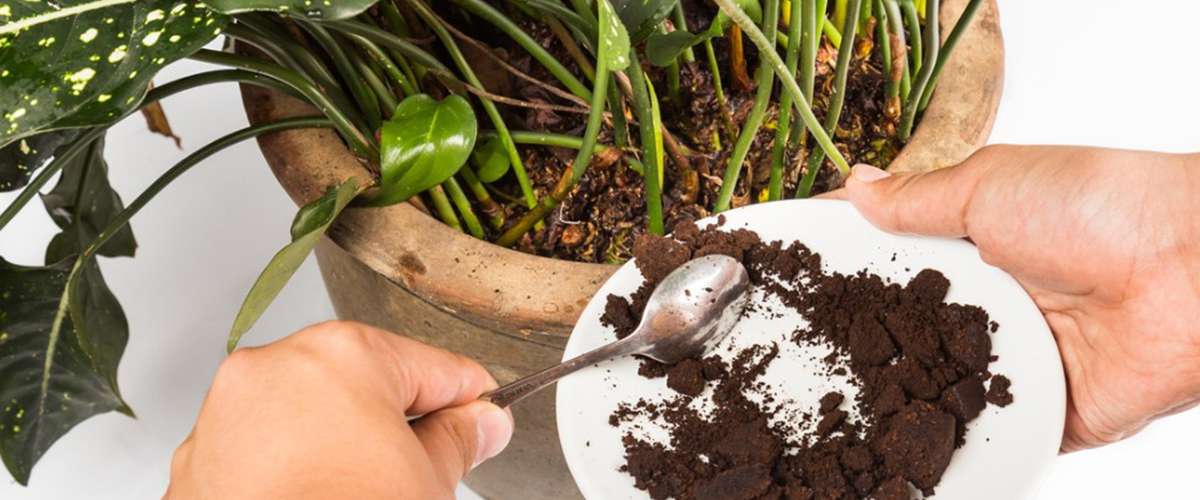















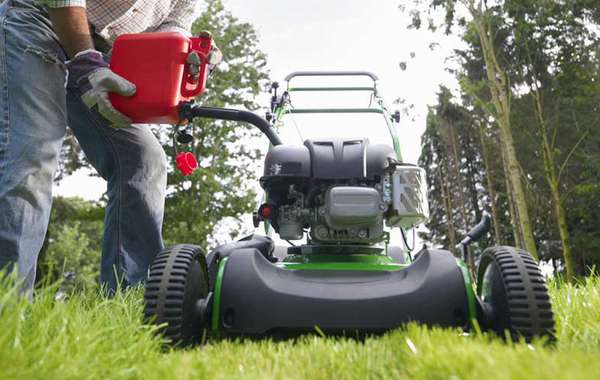
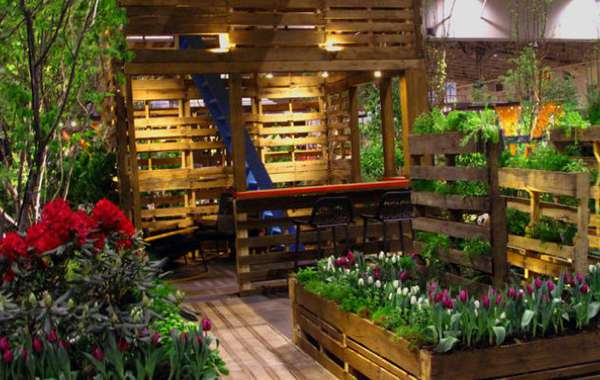
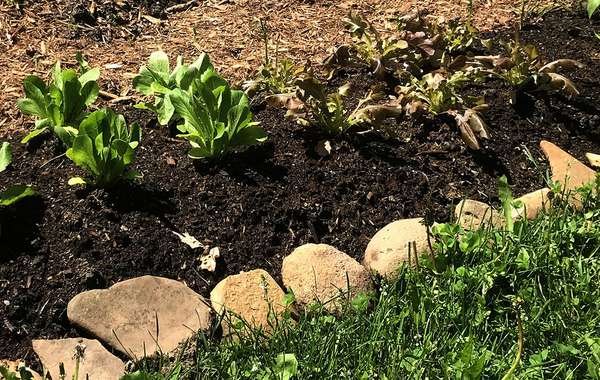
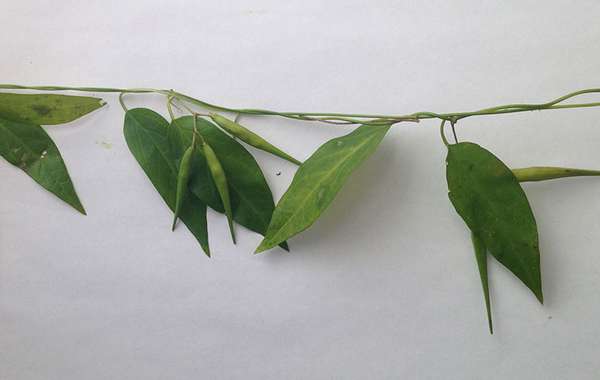
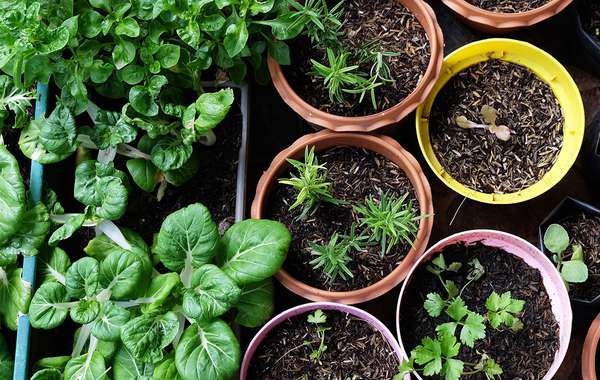
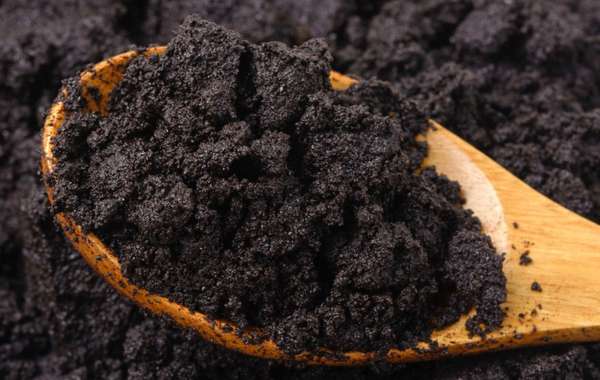
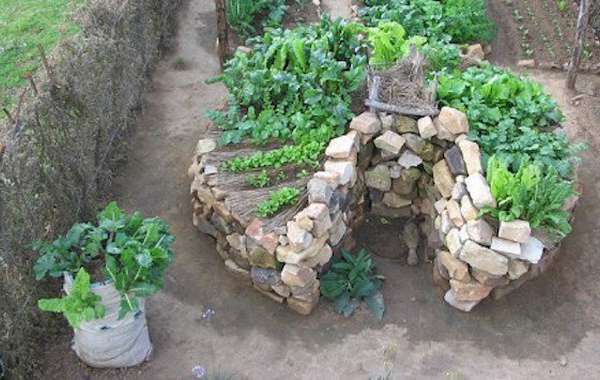
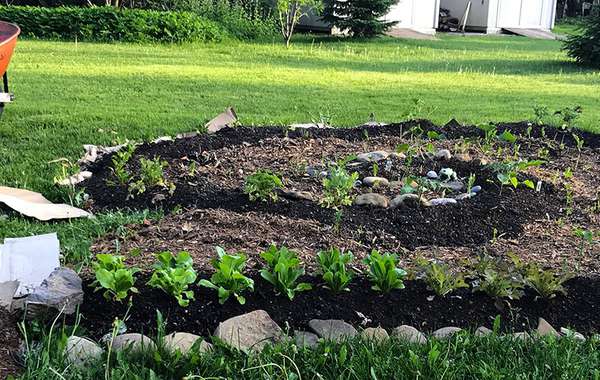
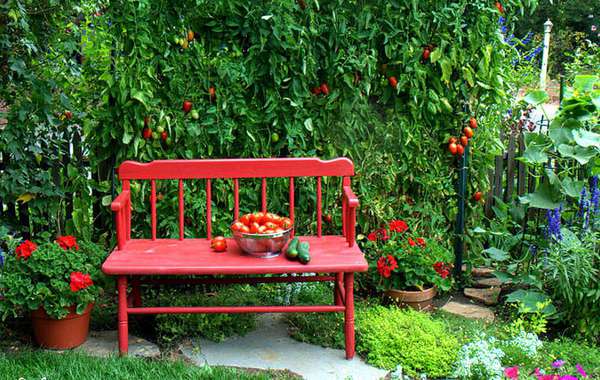
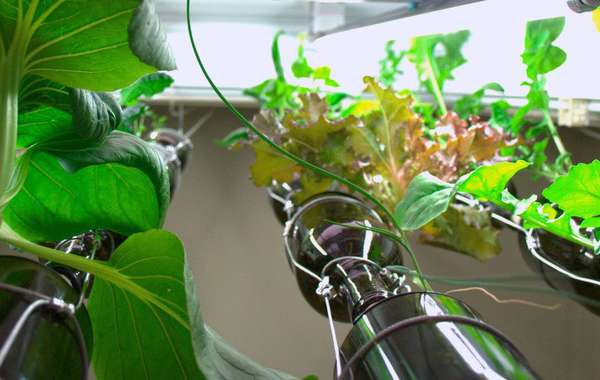
Comments (0)
Sign Up to Comment